In the heart of Dong Nai province, a sprawling construction site bears silent witness to a high-stakes standoff that threatens to derail Vietnam's energy ambitions.
The Nhon Trach 3 and 4 Thermal Power Projects, heralded as the nation's pioneering venture into liquefied natural gas (LNG) power generation, are mired in a bitter land dispute that has brought the $1.4 billion project to a standstill.
The Crux of the Crisis: A Land Lease Dispute
At the center of the storm lies a 30.7-hectare plot of land, a seemingly insignificant parcel that has become the focal point of a clash between state-owned PetroVietnam Power Corporation (PV Power), the project developer, and Tin Nghia Corporation, the developer of the Ong Keo Industrial Park where the project is situated.
PV Power, having already completed 85% of the project and secured a staggering $1.2 billion in financing, finds itself in a precarious position. The company is unable to secure a lease agreement for the remaining land, a prerequisite for drawing down on its loans and completing the project.
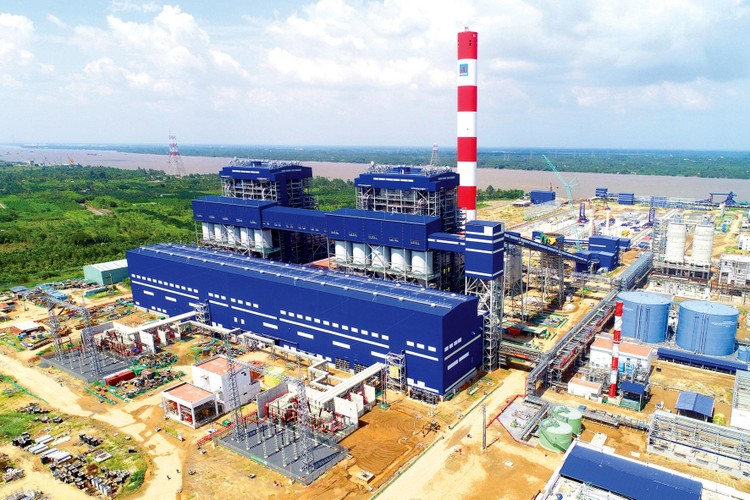
Skyrocketing Land Costs and Consumer Impact
The sticking point is the exorbitant land lease rate demanded by Tin Nghia, which PV Power Chairman Le Manh Hung describes as "unreasonable" and nearly 30 times higher than the rate the company currently pays for an adjacent plot.
Mr. Hung warns that such inflated costs would inevitably be passed on to consumers in the form of higher electricity prices.
"We cannot have one project with two different land lease regimes," Mr. Hung lamented during a working session with Dong Nai provincial leaders on May 9. "With such high land rental prices, people will not be able to accept the price of electricity."
Adding another layer of complexity to the dispute is Tin Nghia's partial ownership by the Dong Nai Provincial Party Committee.
Consequently, the bureaucratic wheels have turned slowly. Meanwhile, the project's delays are costing the nation dearly.
Economic Fallout and Energy Security Concerns
The Nhon Trach 3 and 4 projects are not just any power plant; they are a linchpin in Vietnam's energy security strategy. The combined capacity of 1,500MW of the two projects are expected to generate 9 billion kilowatt-hours of electricity per year, enough to power millions of homes and businesses.
The project's success is also seen as a bellwether for Vietnam's nascent LNG sector, potentially influencing the fate of a dozen other LNG projects in the pipeline.
The delays have already inflicted daily financial losses estimated at up to half a million dollars, impacting both PV Power, which faces mounting pressure to meet its financing deadlines, and the provincial government.
PV Power faces a June deadline to draw down on its loans, a deadline that may be missed if the land dispute remains unresolved.
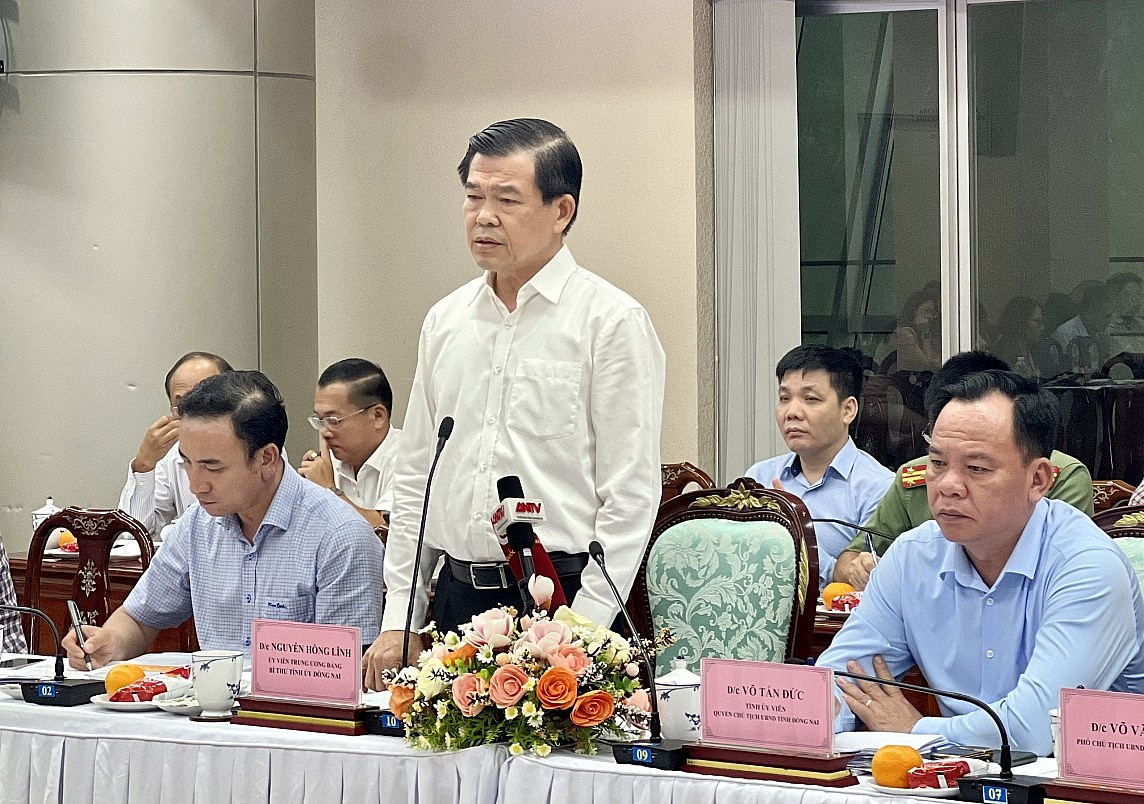
A Ripple Effect Across Industries
The project's woes are also sending ripples through Vietnam's construction and manufacturing sectors. The power plant's construction has created thousands of jobs and spurred economic activity in the region. Its completion is eagerly awaited by industries that rely on a stable and affordable power supply.
Furthermore, the project's failure could damage Vietnam's reputation as an attractive investment destination. Foreign investors, who have poured billions of dollars into the country's energy sector, are watching closely to see how the government handles this crisis.
Government Intervention and a Glimmer of Hope
The stalemate has not gone unnoticed by Vietnam's top leadership. Minister of Industry and Trade Nguyen Hong Dien, who heads the state steering committee for key energy projects, visited the Nhon Trach site and urged a swift resolution to the dispute at the meeting.
"This project is of utmost importance for our nation's energy security," Minister Dien declared. "We must find a way to overcome these obstacles and ensure its timely completion."
Dong Nai's Provincial Party Committee has also weighed in, instructing Tin Nghia to present a feasible solution that addresses PV Power's concerns while safeguarding the province's interests.
The Minister has given Dong Nai authorities a deadline of May 2024 to issue land use right certificate to PV Power.
A Test of Leadership and Compromise
The Nhon Trach project has become a litmus test for Vietnam's leadership, its ability to balance competing interests, and its commitment to sustainable development. The outcome of this dispute will not only determine the fate of a single power plant but could also shape the trajectory of the country's energy future.
For PV Power, the stakes are clear: the company's reputation, financial stability, and future projects hang in the balance. For Tin Nghia, the dispute is an opportunity to demonstrate its commitment to the province's development and its willingness to compromise for the greater good.
Ultimately, the resolution of this crisis will require both sides to put aside their differences, prioritize the national interest, and find a solution that ensures a reliable and affordable power supply for the Vietnamese people. The clock is ticking, and the eyes of the nation are watching.


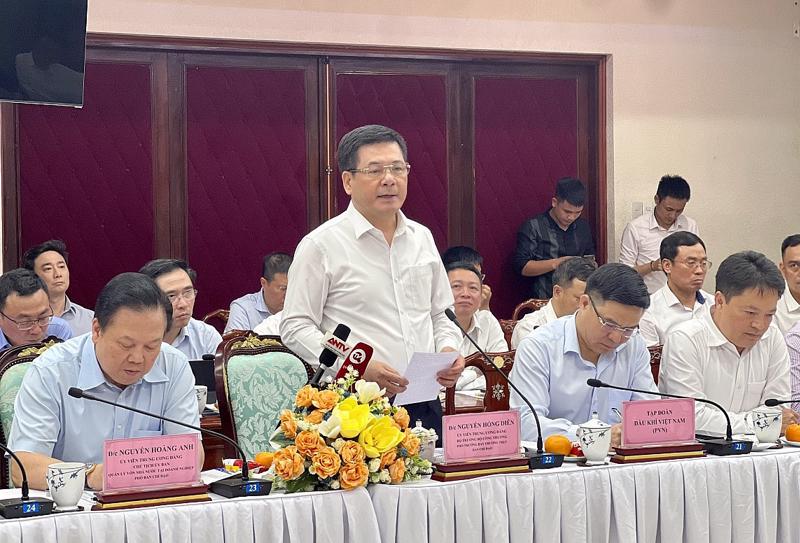
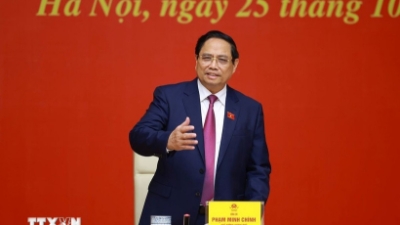
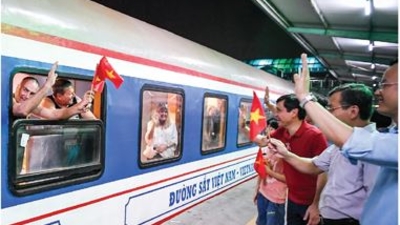
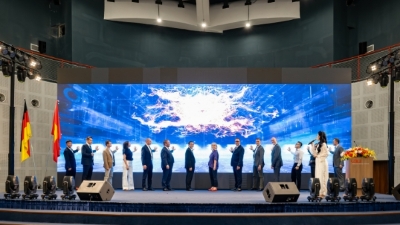


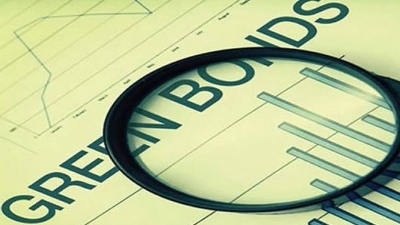
 Google translate
Google translate